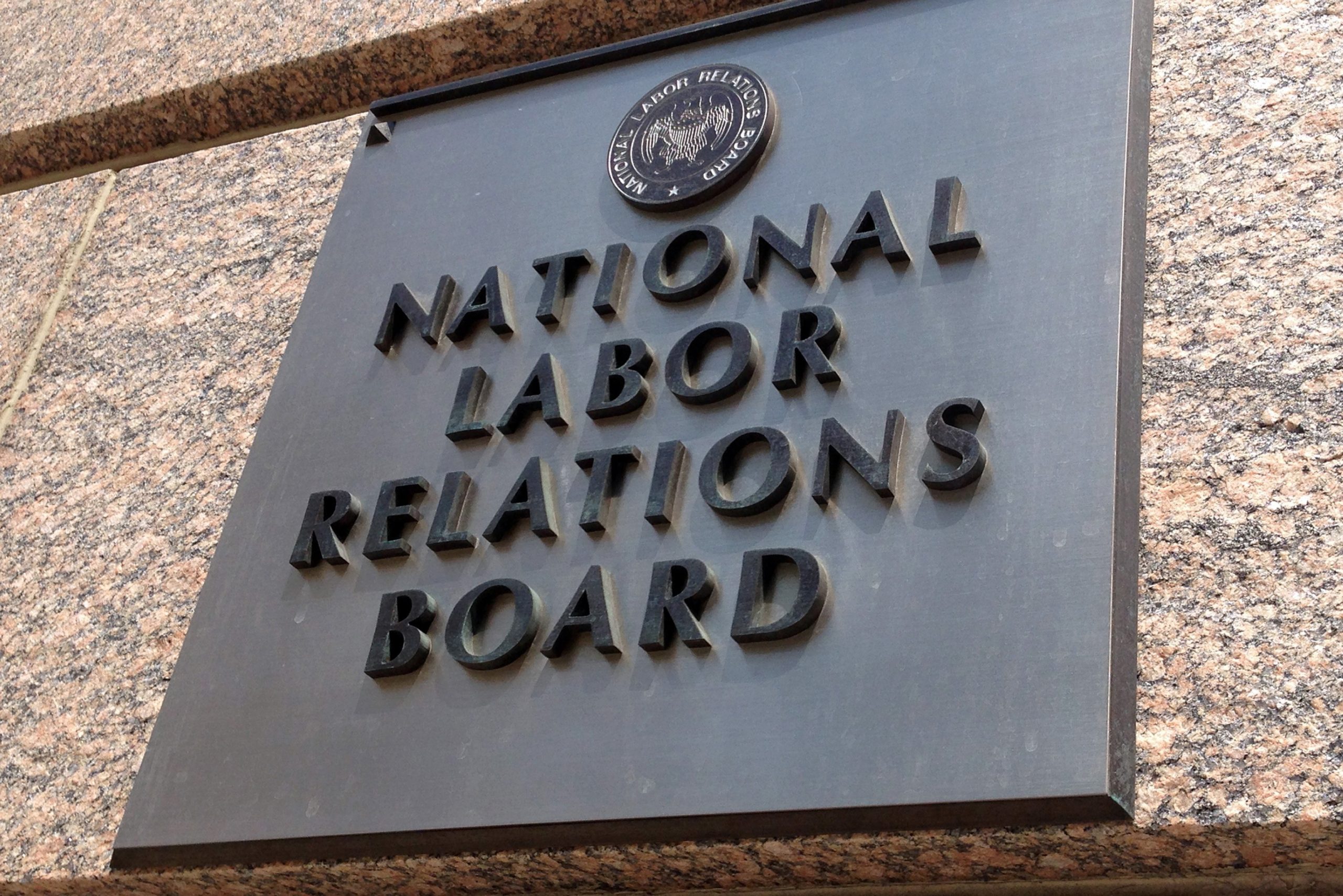

Share
Today, the National Labor Relations Board (NLRB) issued a rule making it harder for workers to win and keep a union. At the same time, the Trump NLRB has suspended all union elections, including mail ballot elections. The decision to finalize this rulemaking at a time when the agency is failing to fulfill its most basic statutory obligation—to enable workers to organize—is a disgrace. Congress must hold the agency accountable for this decision.
This is a moment when more and more workers are voicing concerns over the terms and conditions of their work as the entire country grapples with the COVID-19 pandemic. Workers are being forced to work without adequate protective gear or sick leave if they or their family members get sick. As a result, workers at places like Amazon, Instacart, and Whole Foods are walking off the job to demand stronger protections, and many are seeking to form unions.
Unions play a critical role in winning workers health and safety protections, as well as fair wages and benefits. In fact, unions have a long history of developing training related to infectious disease and providing workplace protections, in many cases through strong safety and health committees set up to assist when issues like the coronavirus crisis emerge. Notably, a nurses’ union recently located 39 million N95 masks, after their employer failed to provide them, and grocery unions have won personal protective equipment, paid sick time, and hazard pay for their members. Further, unions promote worker safety by investing in programs to educate workers about on-the-job hazards and working with employers to reduce worker injuries and the time lost due to injury.
At a time when many workers deemed “essential” during the COVID-19 pandemic are navigating issues of health and safety, and looking for ways to have their voices heard, it is unconscionable that the agency responsible for ensuring workers have the right to a voice in the workplace has denied them the ability to exercise these rights. By suspending all union elections, the Trump board is betraying its responsibility to our nation’s workers when they most need these basic rights. But today’s rulemaking makes clear that the agency will find a way to conduct the business it deems important—namely, making it more difficult for workers to unionize.
The rules announced today will make it harder for workers to get a fair election. We know that employers are charged with violating the law in over 40% of all NLRB-supervised union elections. Despite this reality, the Trump board’s rule enables employers that violate the law to benefit from their illegal conduct. The rule requires that, even where employers violate the law during a campaign, the NLRB will proceed to conduct an election—a total waste of agency resources. Worse, the ballots are counted immediately or impounded, enshrining the results of a rigged election.
The rule also makes it harder for workers who get a union to keep their union. Instead of giving workers reasonable time to bargain their first contract with their employer following voluntary recognition (i.e. the employer voluntarily recognizes the union based on a showing that the majority of workers want representation), the Trump board would allow for a union to be de-certified in as little as 45-days. This undermines the union recognition process and destabilizes the bargaining process. While it’s despicable for the Trump NLRB to take these actions, it’s not surprising—at every turn, the Trump NLRB has systematically eroded workers’ rights.
Today and In the coming weeks, many workers will walk off the job over concerns for their health and safety in the midst of the COVID-19 pandemic. These workers are risking their lives to deliver services that have been deemed essential to our nation. They are often doing so without access to paid sick time or even protective gear. At the very least, we should demand that the federal agency responsible for ensuring these workers have the rights to a union and collective bargaining use our taxpayer dollars to conduct union elections for workers who want representation, as opposed to issuing rules that make it harder for workers to have a voice on the job.
This post first appeared at EPI

